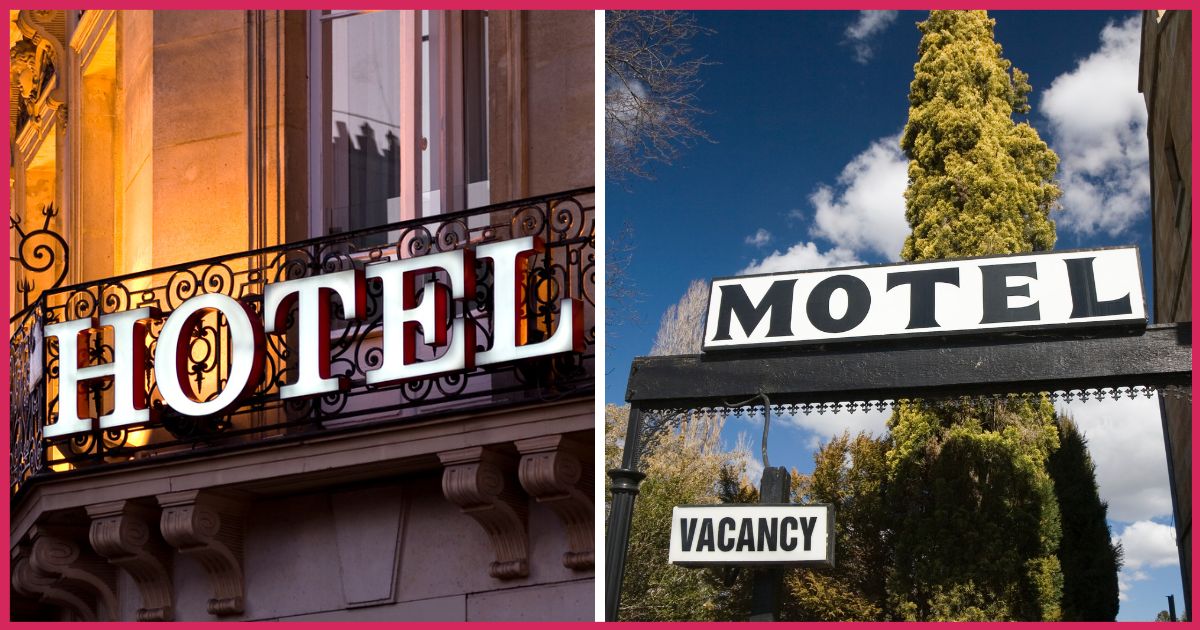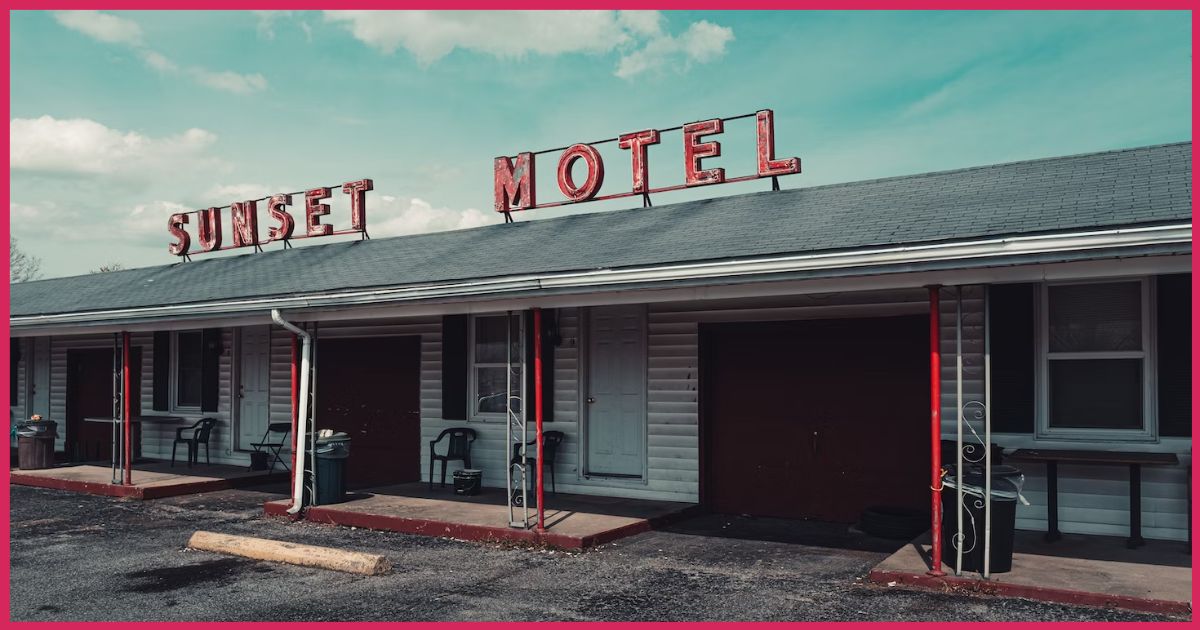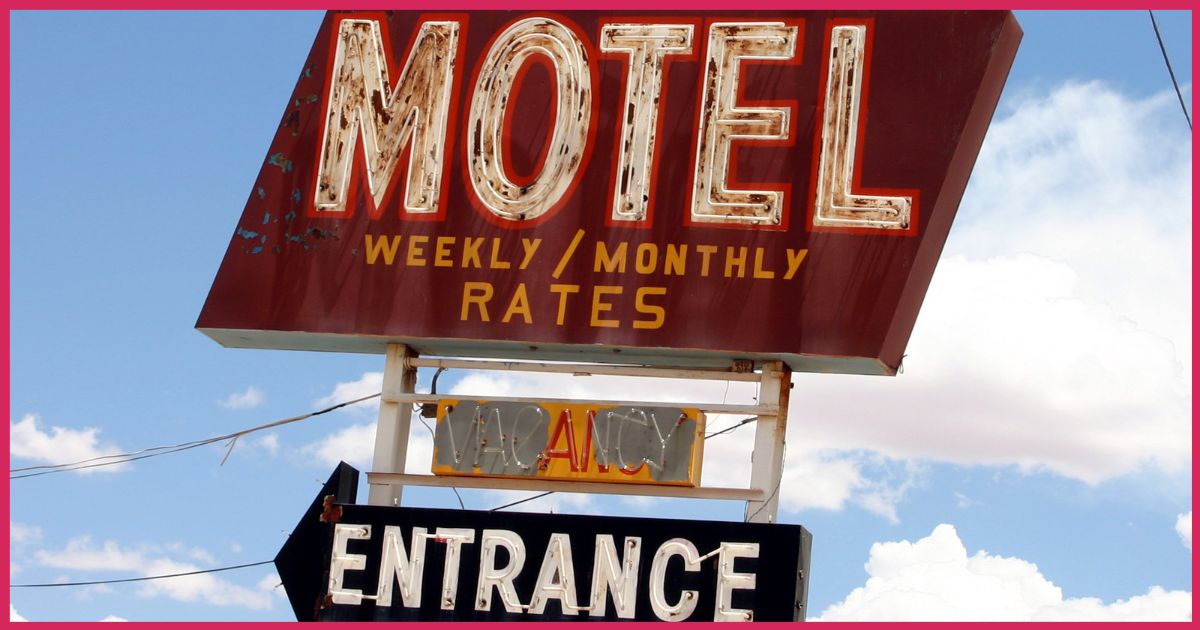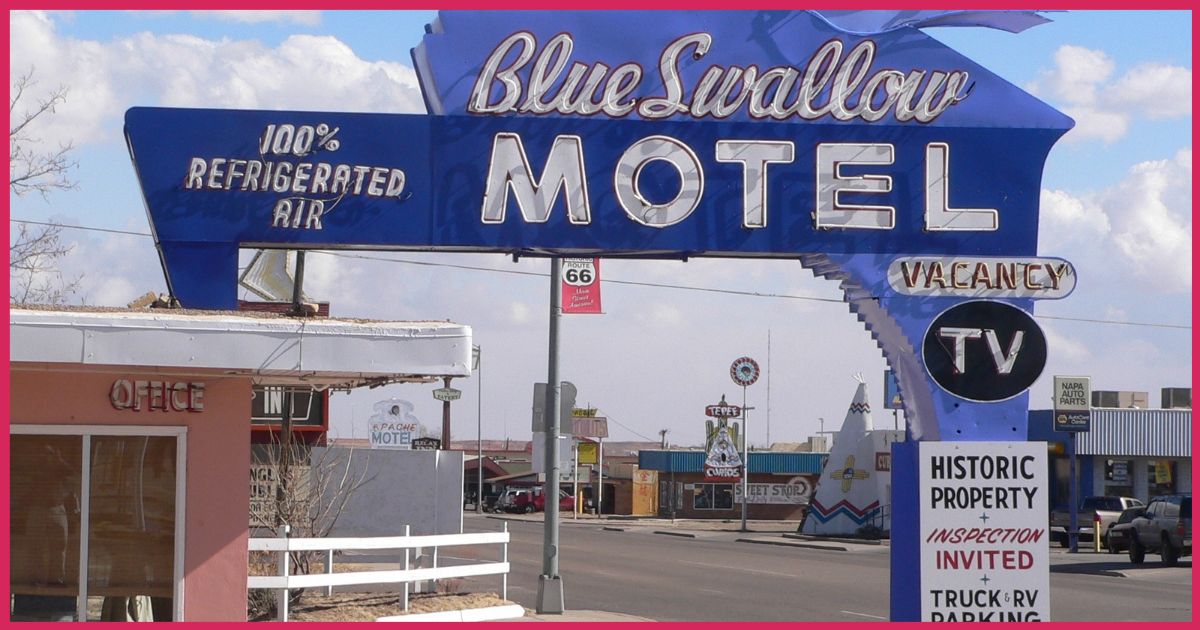Emerging Trends in the Hotel Industry
The hotel industry is constantly evolving to meet changing customer expectations and market dynamics. Several trends have begun to shape the future of hotels.
Firstly, the concept of "smart hotels" is on the rise, where automation and AI play a significant role in providing personalized experiences to guests. From mobile check-ins to smart rooms equipped with voice-controlled devices, technology is transforming the hotel experience.
Secondly, the demand for sustainable and eco-friendly hotels is increasing as consumers become more environmentally conscious. Hotels that prioritize green practices, renewable energy, and waste reduction are gaining popularity.
Thirdly, experiential travel is driving hotels to offer unique, local experiences to guests. Travelers are increasingly seeking authentic, personalized experiences, leading hotels to integrate local culture, cuisine, and customs into their offerings.
Emerging Trends in the Motel Industry
The motel industry is also seeing a resurgence with a modern twist. The rise of "boutique motels" or "motel revivals" has led to transformations of classic motels into stylish, comfortable, and unique accommodations. They retain the traditional motel structure but update interiors with contemporary decor and amenities.
The motel industry also caters to the trend of experiential travel, offering a nostalgic, retro experience that harks back to the golden age of road trips. The emphasis is on creating memorable, Instagrammable experiences that resonate with the adventurous, budget-conscious traveler.
The future of both hotels and motels seems to be heading towards more personalized, sustainable, and technology-driven experiences, catering to the evolving preferences of modern travelers.
Conclusion
Recap: Hotel vs. Motel
The fundamental difference between a hotel and a motel lies in their design, services, target clientele, and cultural perception. Hotels, typically larger and multi-storied, offer a range of services and amenities, targeting a broad market of business and leisure travelers. They are generally seen as symbols of comfort and luxury.
Motels, on the other hand, are smaller, one or two-story buildings designed for road travelers seeking convenient, affordable accommodations. With a simpler design and fewer amenities, they cater to guests prioritizing ease of access and budget-friendly rates.
Making Your Choice
Choosing between a hotel and a motel comes down to personal needs, preferences, and budget. For those seeking a comprehensive accommodation experience with a variety of services and facilities, a hotel might be the best choice. However, for those on the road looking for a convenient and budget-friendly stop, a motel may be the perfect fit.
Looking Ahead
The future of hotels and motels is set to evolve, with both industries adapting to changing consumer needs and technological advancements. The rise of smart accommodations, increased emphasis on sustainability, and the demand for personalized and unique experiences are shaping the future of these establishments.
Whether you're considering a hotel or a motel for your next stay, understanding their differences can help inform your decision and ensure you find the accommodation that best suits your needs.












